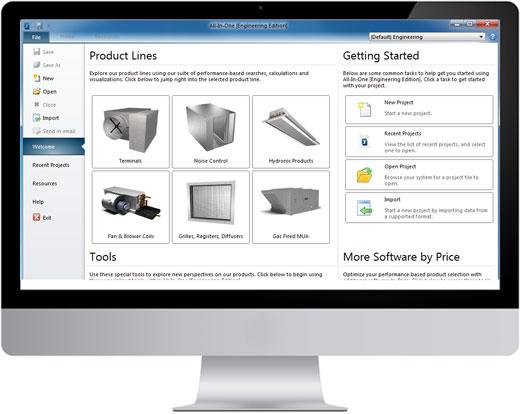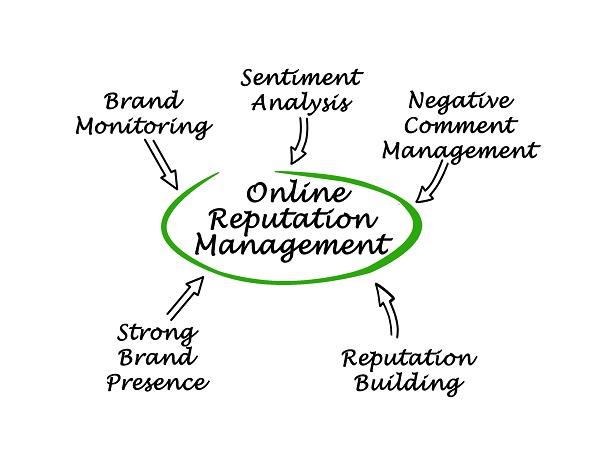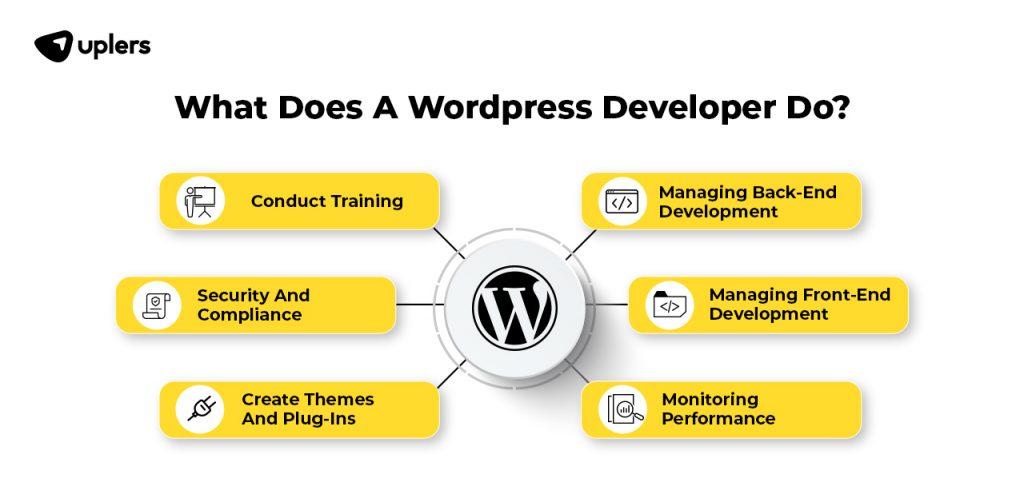In today’s fast-paced digital landscape, marketing automation isn’t just a luxury—it’s a necessity. Whether you’re a small business owner trying to juggle multiple tasks or a marketing director at a large corporation managing an extensive team, the right tools can transform the way you connect with your audience. Imagine being able to streamline your campaigns, nurture leads, and analyze your efforts—all while saving time and boosting your ROI. Sounds appealing, right? In this article, we’ll explore the top 6+ marketing automation software solutions that can empower your business to engage more effectively, scale effortlessly, and ultimately drive growth. So, grab your coffee and get ready to discover the game-changing tools that could take your marketing strategy to the next level!
Exploring the Benefits of Marketing Automation Software
Marketing automation software is transforming the way businesses manage their marketing efforts, driving efficiency and effectiveness in ways that manual processes simply cannot match. By leveraging these advanced tools, companies can streamline their operations, enhance customer experiences, and ultimately boost their bottom line.
One of the most significant benefits is increased efficiency. Automation allows teams to handle repetitive tasks with ease, freeing up valuable time for strategizing and creativity.Whether it’s scheduling social media posts, sending out email newsletters, or managing leads, marketing automation software dose the heavy lifting, allowing you to focus on what really matters—growing your business.
Another compelling advantage is the ability to deliver personalized experiences at scale. With automation, you can segment your audience and tailor your messaging based on user behavior, preferences, and demographics.This level of personalization not only enhances customer engagement but also boosts conversion rates, leading to greater ROI. Imagine being able to send a targeted email campaign to specific user segments based on their previous interactions with your brand!
Moreover, marketing automation tools often come equipped with robust analytics and reporting features. This means you can track the performance of your campaigns in real-time, gain insights into what’s working and what isn’t, and make data-driven decisions.Here’s a rapid comparison of key features offered by top marketing automation software:
| Software | Key Features | Pros |
|---|---|---|
| HubSpot | Email Marketing, CRM, Analytics | Comprehensive free plan, user-pleasant |
| ActiveCampaign | Email Automation, CRM, Segmentation | Advanced automation capabilities |
| Marketo | Lead Management, Analytics, A/B Testing | Great for large enterprises |
the integration capabilities of marketing automation software can enrich your existing tech stack. By syncing with othre platforms—like your CRM, e-commerce tools, or content management systems—you can ensure a seamless flow of data and create a unified experience for both your team and your customers.
investing in marketing automation software not only saves time and reduces manual errors but also empowers your team to create more impactful marketing strategies. As businesses continue to evolve in the digital landscape, embracing these tools will be essential for staying competitive and relevant.
Key Features to Look for in Top Marketing Automation Tools
When evaluating marketing automation tools, certain features can make all the difference in driving your campaigns to success. User-friendly interfaces are essential; they ensure that both novices and seasoned marketers can navigate the software with ease. A clean, intuitive dashboard allows for quick access to crucial metrics and campaign data, making it simpler to adjust strategies in real-time.
Another critical element is integrations with existing systems.The best marketing automation tools seamlessly integrate with your CRM, eCommerce platform, and social media channels. This connectivity not only saves time but also enhances the effectiveness of your campaigns by allowing for a unified approach to customer engagement.
Consider the level of customization and scalability offered.As your business grows, your marketing needs will evolve. A robust marketing automation platform should provide customizable workflows and the ability to scale features based on your changing requirements. This versatility ensures that you won’t outgrow your tool as your business expands.
Additionally, look for comprehensive analytics and reporting capabilities. A solid tool will offer in-depth insights into campaign performance, audience behavior, and ROI. These analytics help you to refine your strategies, making data-driven decisions that can considerably boost your results.
Lastly, don’t underestimate the importance of customer support and community resources. A responsive support team and a rich library of tutorials, forums, or webinars can greatly enhance your experience with the tool, ensuring you maximize its potential without unnecessary hiccups.
| Feature | Description |
|---|---|
| User-Friendly Interface | Intuitive design for easy navigation. |
| Integrations | Connects with CRM, eCommerce, and social media. |
| Customization | adjustable workflows to fit your needs. |
| Analytics | In-depth performance insights for advancement. |
| Customer Support | Access to help and resources for effective use. |
A Deep Dive into the Best Marketing Automation Platforms
In the fast-paced world of digital marketing, leveraging technology is no longer optional—it’s essential. Marketing automation platforms have emerged as indispensable tools for businesses looking to streamline their marketing efforts, enhance customer engagement, and ultimately drive conversions. with a myriad of options available, it can be overwhelming to choose the right software for your needs. Here’s a breakdown of some of the top contenders in the marketing automation space.
1. HubSpot stands at the forefront with its all-in-one suite, combining CRM, email marketing, social media management, and analytics into a single platform. Its user-friendly interface makes it easy for teams of all sizes to create and manage campaigns. HubSpot’s powerful automation capabilities allow for personalized customer journeys, ensuring that each interaction is relevant and timely.
2. Marketo, a leader among enterprise solutions, excels in advanced marketing automation features. Its robust analytics tools provide deep insights into customer behavior, allowing for data-driven decision-making. Marketo’s strengths lie in its ability to handle complex campaigns and its integration with a wide variety of third-party applications, making it a favorite among larger organizations.
3.ActiveCampaign caters to small and medium-sized businesses with its affordable pricing and comprehensive feature set. Known for its extraordinary email marketing capabilities,ActiveCampaign also offers CRM tools and customer experience automation. Its machine learning features can predict customer behaviors, helping marketers to target prospects effectively.
| Platform | Best For | Key Feature |
|---|---|---|
| HubSpot | All-in-one solution | User-friendly interface |
| Marketo | Enterprise-level marketing | Advanced analytics |
| ActiveCampaign | Small to medium businesses | Email marketing automation |
4. Pardot, another heavyweight, is tailored for B2B organizations looking to align sales and marketing efforts. Its lead nurturing features are particularly robust, enabling marketers to create tailored content based on user interactions. Pardot’s seamless integration with Salesforce further enhances its capabilities, making it a top choice for companies already using Salesforce CRM.
5. Mailchimp has evolved from a simple email marketing tool to a comprehensive marketing platform. It offers automation features that allow businesses to create targeted campaigns based on subscriber behavior. With its intuitive dashboard and extensive integrations, Mailchimp remains a popular choice for startups and small businesses aiming for growth.
In a crowded marketplace, these platforms stand out for their unique strengths and features. By assessing your business goals,budget,and team size,you can select a marketing automation solution that not only meets your needs but also propels your marketing strategy forward. Finding the right fit can make all the difference in achieving impactful results and fostering long-lasting customer relationships.

How Marketing Automation Can Transform Your Business
In today’s fast-paced digital landscape, businesses must adapt swiftly to remain competitive. Marketing automation software is a game-changer, allowing companies to streamline their marketing efforts, save time, and improve customer engagement. By automating repetitive tasks, businesses can focus on strategic initiatives and creative pursuits, ultimately leading to enhanced productivity and growth.
One of the most significant advantages of automation is the ability to deliver personalized content at scale. Dynamic email campaigns, tailored landing pages, and targeted social media ads can be created effortlessly. This level of personalization not only increases customer satisfaction but also boosts conversion rates. Imagine reaching the right audience with the right message at the right time,effortlessly!
Additionally,marketing automation provides robust analytics capabilities. With real-time insights into campaign performance, businesses can make data-driven decisions to optimize their strategies. Marketers can easily track metrics such as open rates, click-through rates, and customer engagement levels. This ability to refine and adjust campaigns on-the-go fosters a culture of continuous improvement and innovation.
Moreover, integration is key. Many of the top marketing automation platforms seamlessly connect with other essential business tools, such as CRM systems, e-commerce platforms, and social media channels.This interconnectedness enhances the overall efficiency of marketing operations and ensures that all teams are aligned in their efforts.
For a quick reference, here’s a comparative table showcasing some of the leading marketing automation software options:
| Software | Key Features | Best For |
|---|---|---|
| HubSpot | CRM Integration, Email Marketing, Analytics | Small to Medium Businesses |
| Marketo | Lead Management, Customer Engagement, AI Tools | Enterprise Solutions |
| Mailchimp | Email Campaigns, Landing Pages, Automations | Startups & Blogs |
| ActiveCampaign | CRM Functions, Email Tracking, Segmentation | Growing Businesses |
With the right marketing automation software, businesses can transform their operations, increase efficiency, and nurture customer relationships like never before. This is not just a trend; it’s a necessity in the modern marketing arena. Embracing these technologies will pave the way for success in an increasingly complex marketplace.
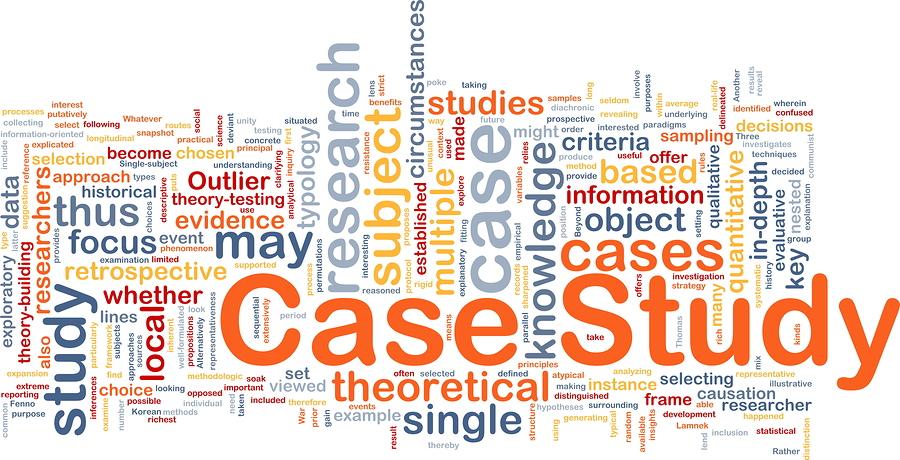
Case Studies: Success Stories from Leading Brands
Brand A: After implementing advanced marketing automation software, Brand A saw a staggering 40% increase in their email open rates within just three months. By utilizing personalized content and segmenting their audience, they effectively engaged their customers like never before.The result? A remarkable boost in conversion rates and a direct impact on their bottom line.
Brand B: Facing challenges with lead nurturing, Brand B turned to automation tools that allowed them to streamline their process. By integrating their CRM with automation software, they managed to reduce their lead response time by 50%. This increased efficiency not only enhanced their customer experience but also led to a significant rise in sales, proving that timely dialogue is key to success.
Brand C: With a focus on social media engagement, brand C harnessed the power of marketing automation to schedule posts and analyze audience interactions. Within six months, they achieved a 300% growth in their social media following, thanks to targeted campaigns and consistent messaging. This change positioned them as industry leaders and strengthened their brand presence across platforms.
| Brand | Challenge | Outcome |
|---|---|---|
| Brand A | Low email engagement | 40% increase in open rates |
| Brand B | Lead nurturing inefficiencies | 50% reduction in response time |
| brand C | Poor social media growth | 300% increase in followers |
Brand D: After struggling with customer retention, Brand D leveraged marketing automation to create personalized customer journeys. They introduced automated follow-up emails and targeted offers, which led to a 25% increase in repeat purchases. This not only improved their customer loyalty but also significantly increased their average order value.
Brand E: Utilizing advanced analytics and reporting features from their marketing automation software, Brand E was able to identify key trends and optimize their campaigns accordingly. This data-driven approach resulted in a 35% boost in their return on investment (ROI), showcasing the power of informed decision-making in marketing strategies.
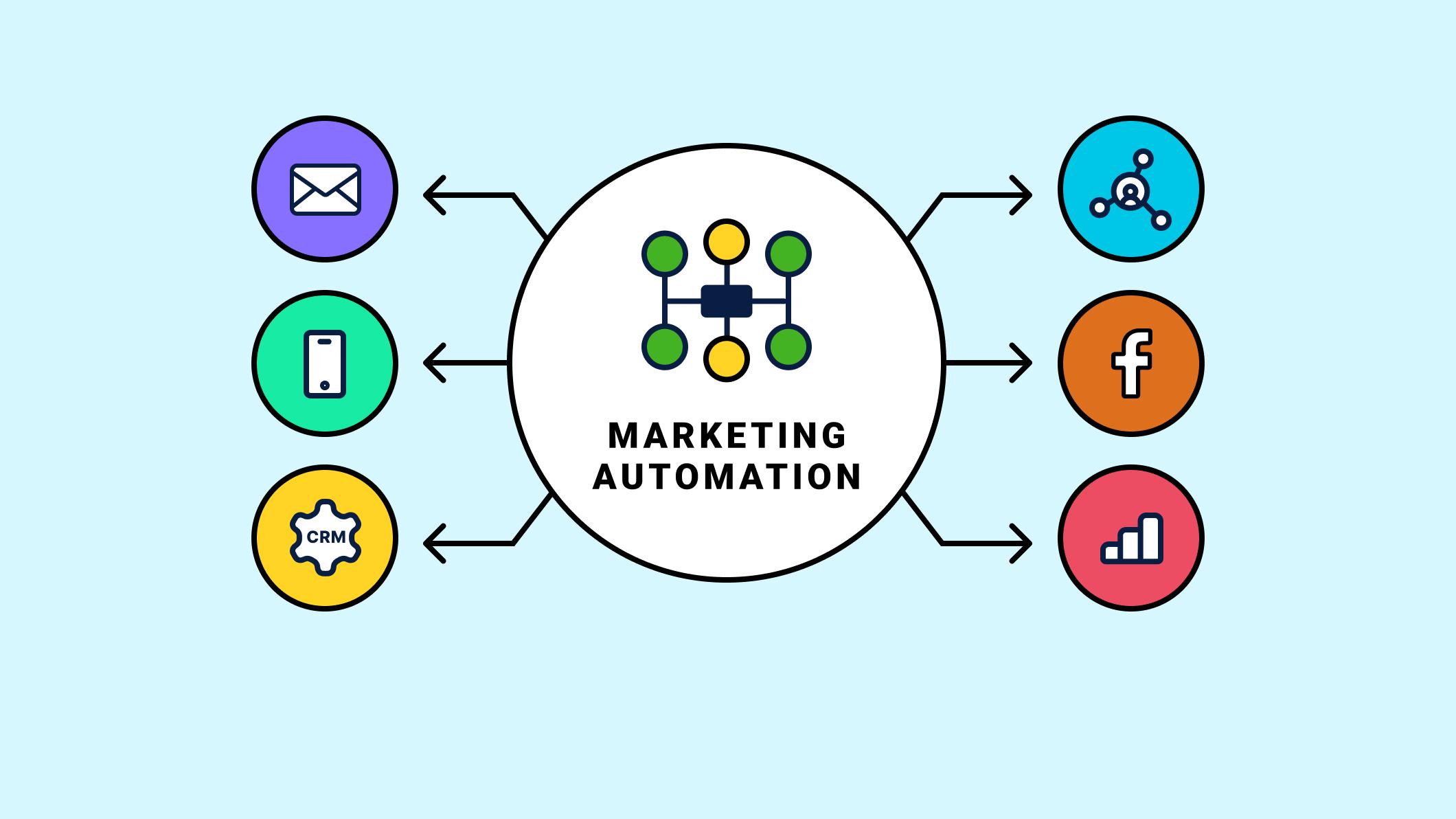
Integrating Marketing Automation with Your Existing Tools
can significantly enhance your workflow, ensuring that your campaigns run seamlessly and effectively. By merging these platforms, you can centralize data, streamline processes, and improve communication across your marketing team. Here’s how you can make the most of your integration:
- Identify Key Tools: Start by listing out the tools your team currently uses, such as CRM systems, email marketing platforms, and analytics tools. This will help you understand the critical connections that need to be formed.
- Choose Compatible Software: Not all marketing automation platforms integrate well with every tool. Opt for solutions that offer robust APIs or native integrations to facilitate data transfer without hiccups.
- Leverage Data Synchronization: Keeping your data in sync is essential.This means ensuring that customer data, behavior data, and campaign results flow between your tools, enriching your insights and decision-making.
- Automate Workflows: Use automation features to create workflows that trigger actions across multiple platforms. For instance, when a lead fills out a form, it can automatically be added to your CRM and nurtured through your email marketing tool.
To visualize the benefits of your integration, consider how it can impact your overall marketing strategy:
| Integration benefit | Description |
|---|---|
| Improved Efficiency | Reduce manual tasks by automating repetitive actions across platforms. |
| Enhanced Customer Insights | Gather a comprehensive view of customer interactions across channels. |
| personalized marketing | Utilize data to tailor communications and offers to individual preferences. |
| Real-time Analytics | Access and analyze marketing performance data on the fly for quick adjustments. |
Incorporating marketing automation into your existing toolkit doesn’t have to be overwhelming. With the right approach, you can enhance your marketing strategies, leading to better engagement and higher conversion rates. Embrace the power of integration and start reaping the benefits today!
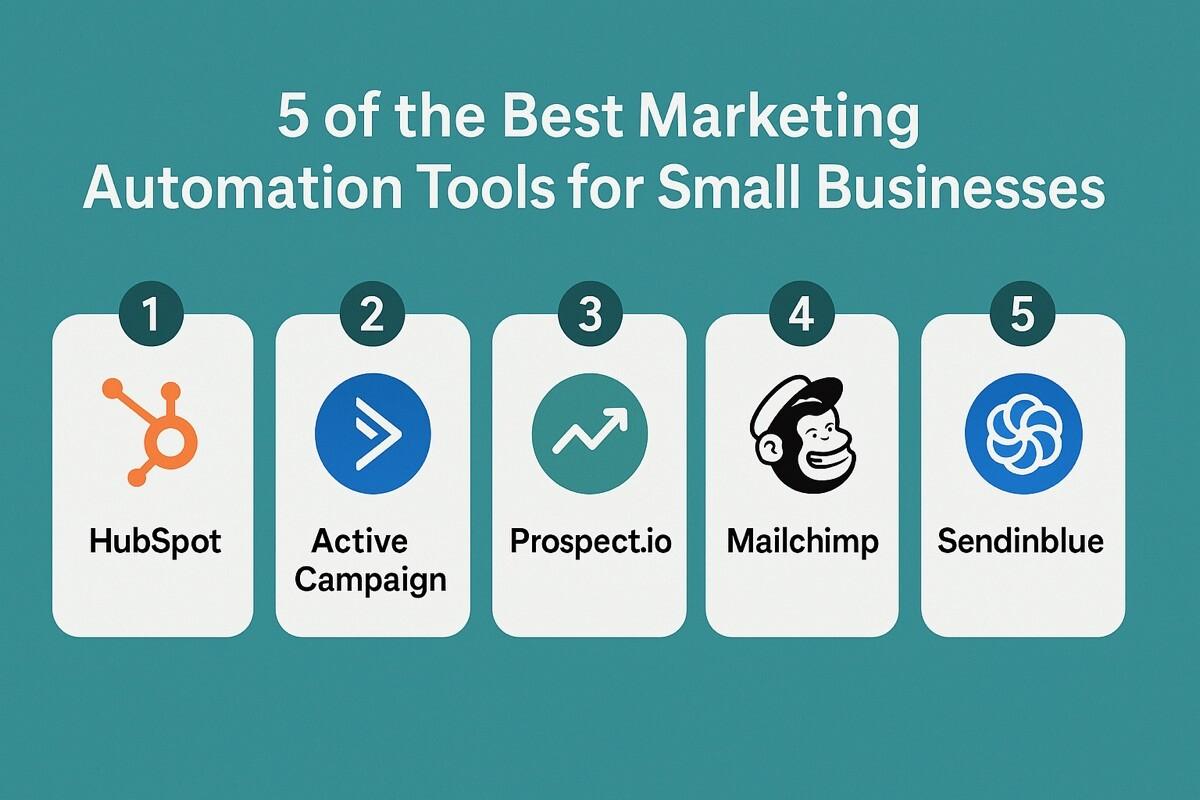
Tips for Getting Started with Marketing Automation Software
Embarking on your journey with marketing automation software can feel overwhelming, but with the right approach, you can harness its power effectively. here are some essential tips to help you get started:
- Define Your Goals: Before diving into the software, take a moment to outline your specific marketing objectives. Are you aiming to increase leads, improve customer engagement, or streamline your marketing processes? Having clear goals will guide your setup and usage.
- Know Your Audience: Understanding your target audience is crucial. Use the software’s analytics features to segment your audience effectively. Tailoring your campaigns to different segments will enhance relevance and engagement.
- Start Small: When first using the software, focus on a few key campaigns. This allows you to test and learn without becoming overwhelmed. As you gain confidence, you can gradually expand your marketing efforts.
- Leverage Templates: Most marketing automation platforms provide pre-designed templates for emails, landing pages, and workflows. Utilize these to save time and ensure your campaigns look professional from the start.
- Regularly Analyze Data: One of the most significant advantages of marketing automation is the ability to track performance. Make it a habit to review analytics regularly. This practice will help you identify what’s working and what isn’t, allowing for timely adjustments.
Consider this handy comparison table to help you choose the right marketing automation software that fits your needs:
| Software Name | Key Features | Best For |
|---|---|---|
| HubSpot | CRM Integration, Email Marketing | Small to Medium Businesses |
| Marketo | Lead Management, Analytics | Large Enterprises |
| Mailchimp | Email Marketing, Automation | Startups and small Businesses |
Lastly, don’t hesitate to invest time in training.many platforms offer tutorials, webinars, and community forums. Engaging with these resources will not only enhance your understanding but also empower you to use the software to its fullest potential.
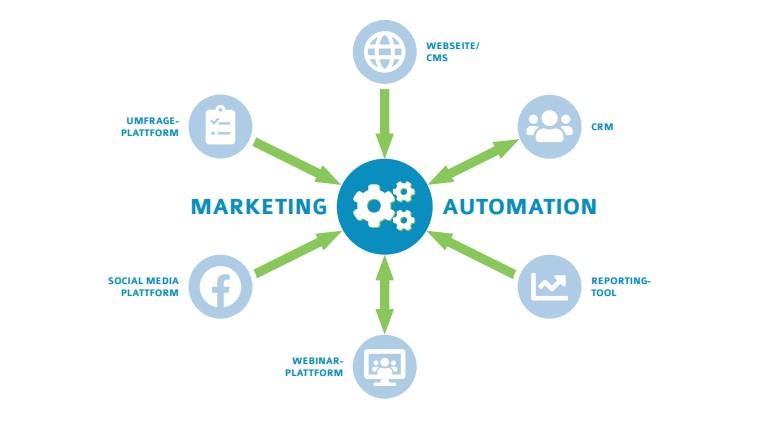
Choosing the Right Solution for Your Unique Needs
When it comes to selecting the best marketing automation software, your unique business needs should be at the forefront of your decision-making process. The ideal solution will not only enhance your marketing efforts but also streamline your operations. Here are some key factors to consider:
- Scalability: As your business grows, your marketing needs will evolve. Ensure that the software can grow with you, accommodating more contacts, campaigns, and features without a hitch.
- User-Friendliness: A complicated interface can slow down your team. Look for software that offers an intuitive design and easy navigation, so your team can focus on strategy rather then learning curves.
- Integration Capabilities: Your marketing automation tool should work seamlessly with your existing tech stack. Whether it’s your CRM, social media platforms, or email systems, integration is key to a cohesive marketing strategy.
Another crucial aspect to explore is the customer support offered by the software provider. A responsive support team can make a significant difference when you encounter issues or need guidance on maximizing the software’s potential. Check for:
- Availability of support channels (chat, email, phone)
- Documentation and resources for self-help
- Community forums or user groups for peer support
Cost is always a consideration, but it’s essential to assess value over price. While some software solutions might be cheaper upfront, they could lack critical features that could save you time and money in the long run. Create a comparison table based on your must-have features versus the pricing models of different platforms:
| Software | Key Features | Starting Price |
|---|---|---|
| Software A | Email marketing, CRM integration | $29/month |
| Software B | Landing pages, Social media scheduling | $49/month |
| Software C | Analytics dashboard, A/B testing | $99/month |
Lastly, consider the specific features that align with your marketing goals, whether it’s advanced segmentation, lead scoring, or automation workflows. Each business has distinct requirements, and understanding what capabilities will drive your marketing strategy forward is crucial in making the right choice.
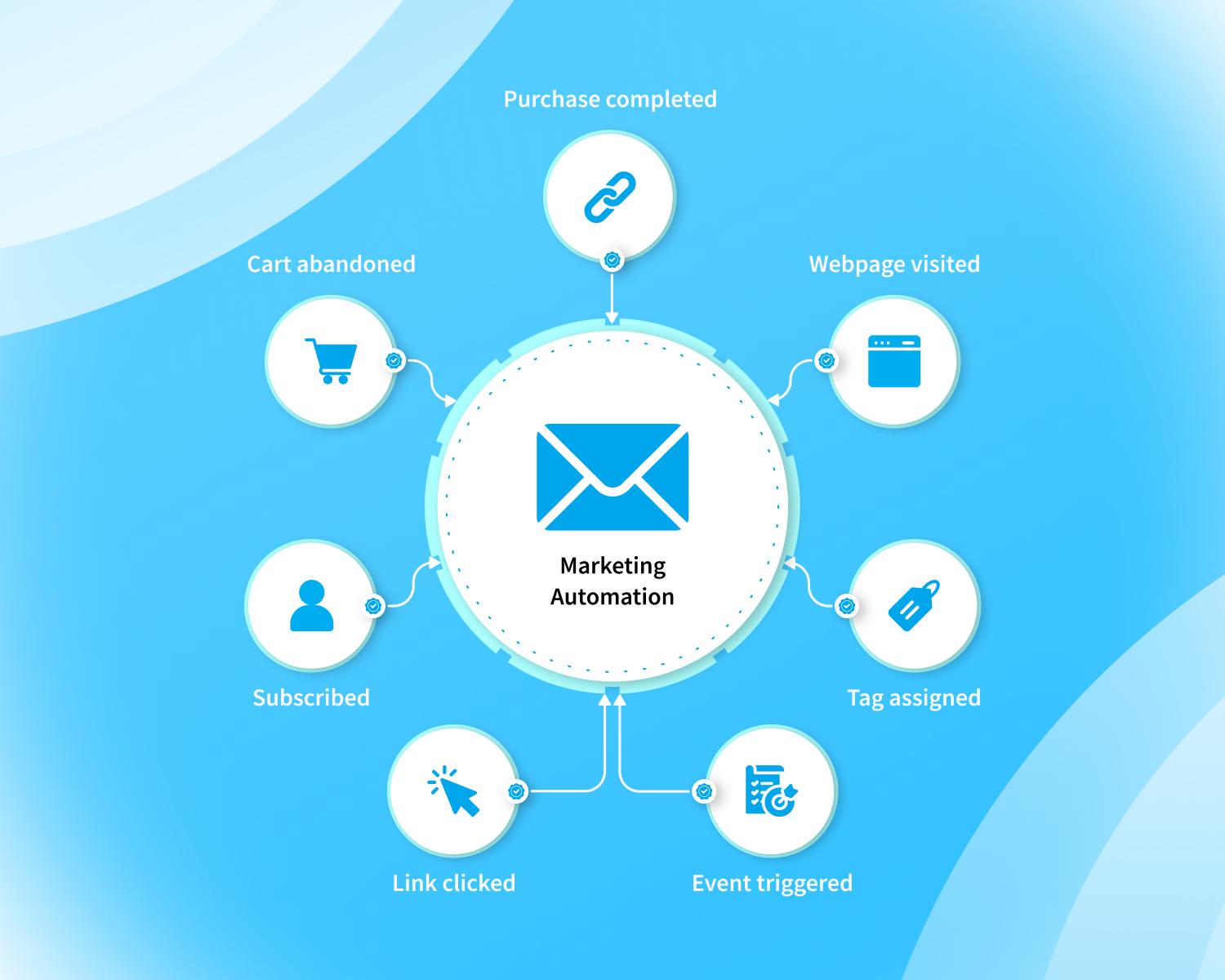
Overcoming Common Challenges in Marketing Automation
Marketing automation promises efficiency and effectiveness, but many businesses encounter hurdles when integrating these systems into their workflows. Understanding these challenges and having strategies to address them can make all the difference in leveraging the full potential of your automation tools.
One common issue is the steep learning curve associated with new software. Teams often struggle to adapt to new systems, which can lead to frustration and lowered productivity. To combat this, investing in comprehensive training programs for your staff can be invaluable. Consider these approaches:
- Onboarding sessions: Tailor sessions to the specific needs of your team.
- ongoing support: Establish a point of contact for questions as users become more familiar with the software.
- Documentation and resources: Provide easy access to manuals and video tutorials.
Data management is another challenge. Many marketing automation tools require clean, organized data to function effectively. without it, campaigns can miss the mark. Ensure your data hygiene is up to par by implementing regular audits and using software that offers robust data management features. Here’s a quick checklist:
- Regular data updates: Schedule routine reviews of your data.
- Segmentation: Maintain organized lists for targeted campaigns.
- Integration: Use tools that sync seamlessly with your existing CRM.
Another frequent obstacle is the underutilization of features. Many businesses invest in powerful software only to use a fraction of its capabilities. To maximize your investment, conduct periodic reviews of the software’s features and assess their relevance to your goals. Consider creating a table to track which features are actively utilized versus those that remain dormant:
| Feature | Status | Action Needed |
|---|---|---|
| Email Campaigns | Active | Continue optimizing |
| Lead scoring | Underutilized | Training session required |
| Analytics Dashboard | Inactive | Explore potential benefits |
aligning automation with overall marketing strategy is crucial. Automation should not function in isolation; it must support your broader marketing goals. Regular strategy meetings can help ensure that your automation efforts are in sync with your marketing initiatives. This alignment fosters a culture of collaboration and innovation, driving better results.

Future Trends: What’s Next for Marketing Automation Technology
The landscape of marketing automation technology is constantly evolving,with several key trends poised to shape its future. As businesses increasingly turn to these tools to enhance their marketing strategies, staying ahead of the curve is essential.Here are some exciting developments to keep an eye on.
Artificial Intelligence (AI) Integration is set to revolutionize marketing automation. With AI, businesses can analyze large datasets to uncover insights that drive personalized marketing strategies. This means more elegant customer segmentation and targeted messaging, resulting in higher engagement rates.
Omnichannel Marketing will become more seamless as integration between various platforms improves. Marketers will leverage automation tools to deliver consistent messages across emails, social media, and websites. This unified approach enhances the customer experience, as potential buyers receive relevant content regardless of where they interact with a brand.
additionally, the rise of no-code and low-code solutions will democratize access to marketing automation tools. More businesses, regardless of size or budget, will be able to leverage automation without requiring extensive technical knowledge. This shift will empower marketers to create campaigns, track performance, and optimize strategies independently.
Privacy and data security will also play a pivotal role in shaping marketing automation. with stricter regulations like GDPR and CCPA, platforms will need to prioritize obvious data practices. This focus will not only build trust with consumers but also ensure compliance with evolving legal landscapes.
a trend towards real-time analytics will enable businesses to make quicker, data-driven decisions. By harnessing the power of real-time data,marketers can adjust campaigns instantly,ensuring that they remain responsive to changing customer behaviors and market conditions.
| Trend | Description |
|---|---|
| AI Integration | Enhances personalization and customer segmentation. |
| Omnichannel Marketing | Ensures consistent messaging across all platforms. |
| no-code Solutions | Empowers marketers without technical expertise. |
| Privacy Focus | Builds trust through transparent data practices. |
| Real-time Analytics | Allows for quick adjustments based on current data. |
Frequently Asked Questions (FAQ)
Q&A on “6+ Top Marketing Automation Software”
Q1: What exactly is marketing automation software, and why should I consider using it?
A1: Great question! Marketing automation software streamlines and automates repetitive marketing tasks, like email campaigns, social media posting, and lead nurturing. By using this software, you can save time, improve accuracy, and most importantly, focus on strategy rather than mundane tasks. Imagine having more time to brainstorm your next big campaign while your software handles the nitty-gritty!
Q2: With so many options out ther, how do I know which marketing automation software is right for my business?
A2: It can be overwhelming, but it’s all about identifying your needs first. Look for features that align with your business goals, like email marketing, CRM integration, or analytics. Also, consider the size of your team and budget. A small startup might benefit from user-friendly tools, while larger enterprises may require more comprehensive solutions.A little research can save you a lot of headaches down the road!
Q3: Can you give me a sneak peek into some of the top marketing automation software available?
A3: Absolutely! Here are a few standout options:
- HubSpot: Perfect for inbound marketing,it includes everything from email automation to analytics. Plus, it’s super user-friendly!
- Marketo: Ideal for larger teams, it offers powerful features for lead management and nurturing.
- Mailchimp: Great for beginners, it’s well-known for its email marketing capabilities and has a free tier to get you started.
- ActiveCampaign: Offers excellent automation capabilities and is particularly strong in CRM features.
- Pardot: A Salesforce product, great for B2B companies looking for robust analytics and lead management.
- SendinBlue: A cost-effective option that combines email marketing with SMS campaigns.
Each has its strengths, so the best fit will depend on your unique needs!
Q4: How can marketing automation improve my customer engagement?
A4: Marketing automation personalizes communication with your audience, making it more relevant. You can segment your contacts and send tailored content based on their behavior and preferences. This means your customers are receiving messages that resonate with them,leading to higher engagement and conversion rates. Plus, automation ensures timely follow-ups—no more missed opportunities!
Q5: What are some common mistakes businesses make when using marketing automation?
A5: One big mistake is treating automation as a set-it-and-forget-it solution. While it does save time, you need to continuously monitor performance and tweak your strategies. Another pitfall is failing to segment your audience effectively, leading to generic communication that doesn’t resonate. Lastly, don’t forget to invest time in creating quality content; automation can deliver it, but it won’t create it for you!
Q6: Is there a learning curve with these tools? how can I get started?
A6: There can be a bit of a learning curve, but most platforms offer robust support, including tutorials, webinars, and customer service. The key is to start with the basics—focus on one or two features, like email automation or lead scoring. As you become more comfortable,you can gradually explore advanced features. And don’t rush it—take your time to get it right!
Q7: What’s the bottom line? Should I invest in marketing automation software?
A7: If you’re serious about scaling your marketing efforts and improving efficiency, investing in marketing automation software is a smart move.It not only saves you time but also amplifies your marketing impact. Think of it as a partner in your marketing journey, helping you build deeper relationships with your audience while driving your business goals forward. The return on investment can be substantial if you choose the right tool and use it effectively!
—
Now that you have the scoop on marketing automation software, are you ready to take your marketing strategy to the next level? Let’s dive in!
Final Thoughts
As we wrap up our exploration of the top marketing automation software options, it’s clear that the right tools can transform the way you engage with your audience and streamline your marketing efforts. each platform we discussed offers unique features, tailored solutions, and the potential to elevate your marketing game to new heights.
Imagine being able to nurture leads effortlessly, segment your audience with precision, and create campaigns that resonate. with the right software, this isn’t just a dream—it’s your new reality. So, whether you’re a small business looking to grow or an established enterprise aiming to optimize your operations, investing in marketing automation is a smart move.
Take the time to consider what you truly need from a marketing automation tool. Don’t rush the decision; after all, it’s an investment in your future success. Explore demos,take advantage of free trials,and don’t hesitate to reach out to others in your industry for recommendations.
The world of marketing automation is waiting for you, and with the right software by your side, you can unlock endless possibilities. So, why wait? Dive in and start automating your way to marketing success today!


